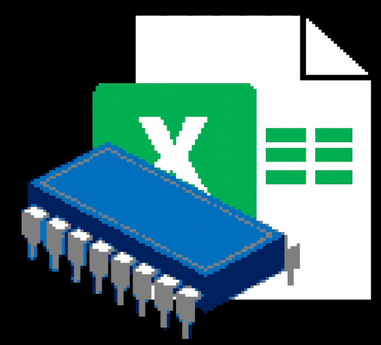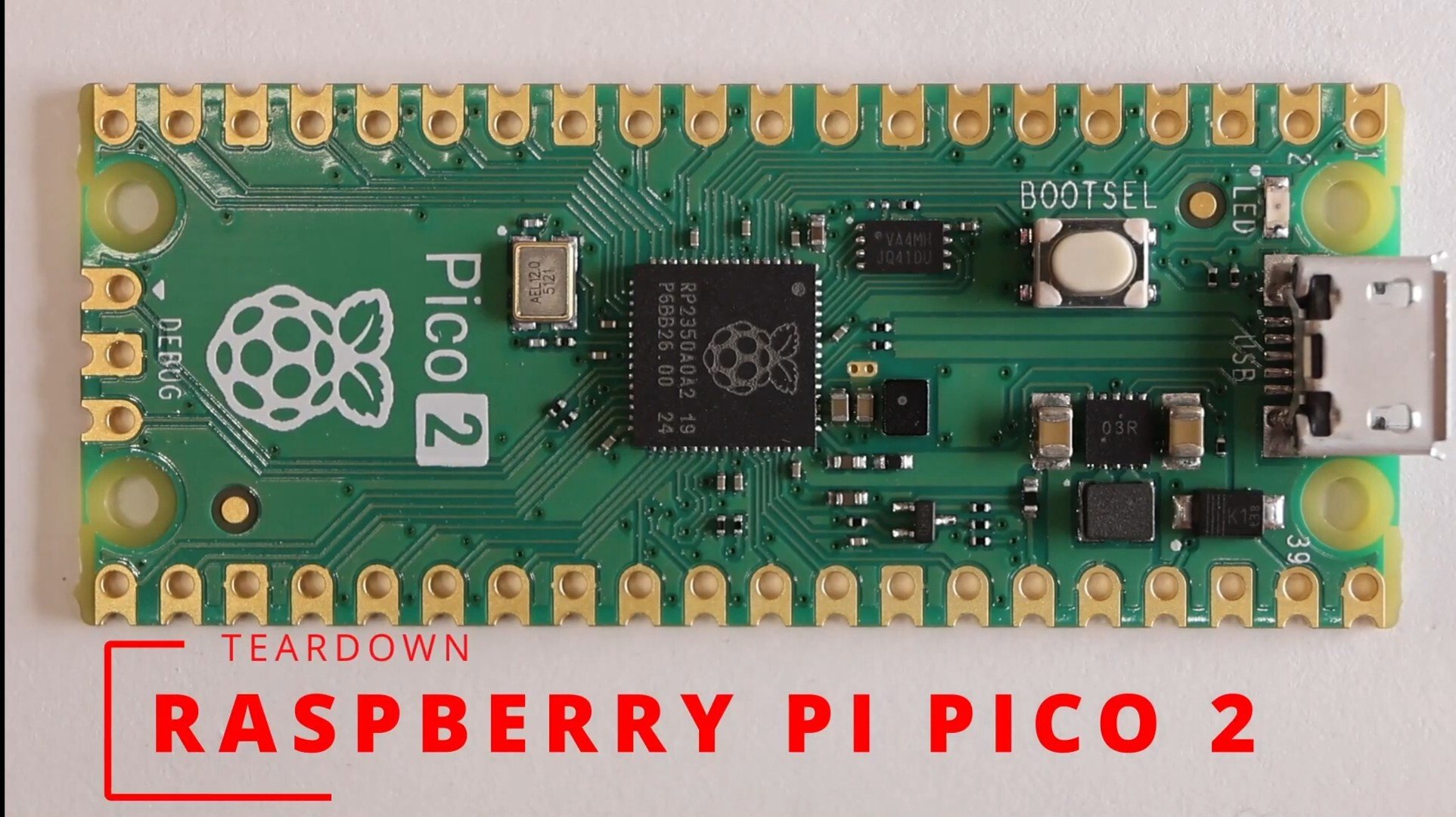(I am a noob. I have many misconceptions. I am willing to listen however, so please be kind)
I wonder if:
- a mini PC might be a good thing to lug around (instead of a laptop)
- nice also because it is much cheaper than a laptop (due to different design constraints)
- but whom to trust? Beelink and Minisforum come up in HackerNews discussions, but I have trust issues
My question: which (mini) PC manufacturers are kind, reliable, trustworthy?
My trust issues are:
-
I find it difficult to believe that I am buying anything of quality whether or not I am not paying a lot (briefly I had a period of hope where I thought that perhaps paying more in general would be a good thing as far as quality is concerned, and that hypothesis did not hold up)
-
I find it difficult to believe that most products created in China/Asia-more-generally are built with kindness in mind (kindness for the worker, kindness for the consumer, kindness for everything in between): e.g. see the plethora of absolute shit that floods Amazon, Temu, etc.)
The second point, on China, deserves clarification:
-
I only mention China specifically because computer hardware in general is designed and produced there, and when mini PCs are concerned, most manufacturers are based in China: e.g. Beelink and Minisforum
-
it is not an issue of worker skill or product quality: I know I can get excellent goods that are worth far more than what they actually sell for (e.g. Chi-fi earbuds!), and that almost everything is made in Asia
-
I work for a company that produces goods in China, and "we" ""make"" (I make nothing) good stuff! Part of our edge comes from comes from the fact that my company's owner is Chinese and puts in a lot of care into working with factories that are kind (to their workers: clothing manufacturers are often shit to women and pay them less, because misogyny is a thing everywhere)
they wouldn't have to put in this care if it wasn't a problem to begin with
-
my trust issue is ultimately due to: I think most persons working in the production chain for most goods that western consumers consume are unhappy, regardless of where they live (e.g. from the people who do the final delivery to our doorstep, to the people who initially mine the raw materials)
-
most of this anger is well-justified: e.g. my government and companies operating out of my country are in general, callous, but especially when it comes to Asians and Africans; some of this anger is due to how convenient it is for local leaders to make the "other" a problem, as a distraction
-
anyway, getting distracted, but my point is that: if a product I buy is being made by unhappy people, then I am going to be cursed for using it: it will be full of toxic chemicals they had to endure while making it, it will be full of their spite they have for me not paying enough for their hard work, etc. the list goes ever on
(Sorry for this insanity.)

